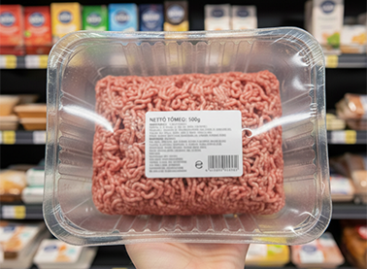One bag completely decomposed in 45 days in an experiment by Greenpeace and the Humus Association
In an experiment launched by Greenpeace and the Humus Association in April, one of the bags purchased in domestic grocery chains and sold as degradable completely decomposed in 45 days, but the decomposition process has also begun for the others, Greenpeace Hungary told MTI on Tuesday.

As they wrote, their joint initiative with the Humus Association has reached the first milestone, in which plastic bags offered as degradable are composted in order to check whether the bags actually decompose and, if so, how long.
“One and a half months after the start of the experiment, we found that during this time the majority of the bags marked as suitable for home composting had not decomposed, but the decomposition process had clearly begun”
– the announcement quotes György Szabó, the head of the zero waste program of the Humus Association, who added that the bar code and logo were still visible on the thicker bag, but it was already frayed and easily torn.
Related news
Sz. Variant from Debrecen won a WorldStar award with a Stühmer packaging
🎧 Hallgasd a cikket: Lejátszás Szünet Folytatás Leállítás Nyelv: Auto…
Read more >Related news
MOHU: 5,200 return points are in operation, but 47 larger settlements still do not have RE points – public “enema” machines may be introduced
🎧 Hallgasd a cikket: Lejátszás Szünet Folytatás Leállítás Nyelv: Auto…
Read more >GDP growth in OECD member countries slowed to 0.3 percent in the last quarter of last year
🎧 Hallgasd a cikket: Lejátszás Szünet Folytatás Leállítás Nyelv: Auto…
Read more >









